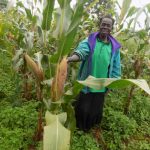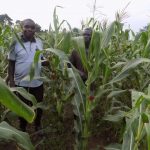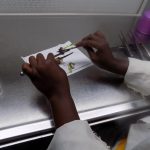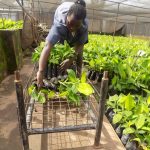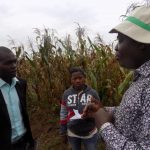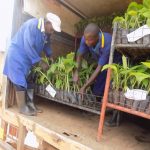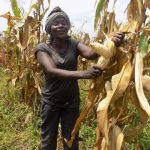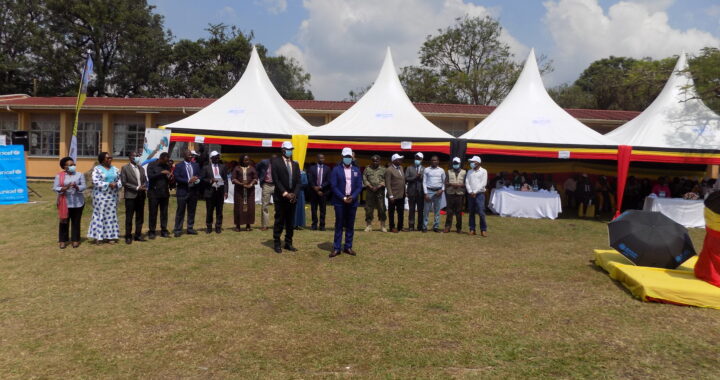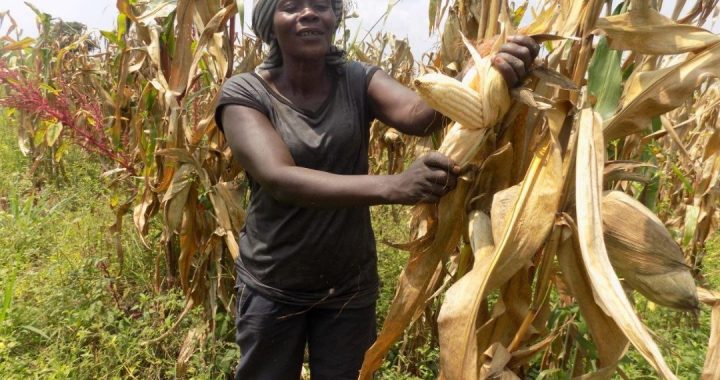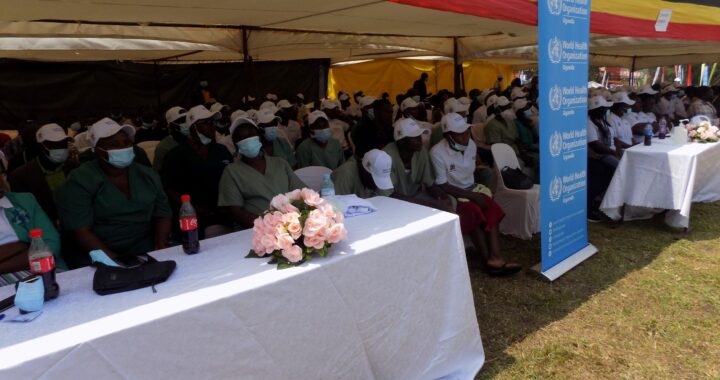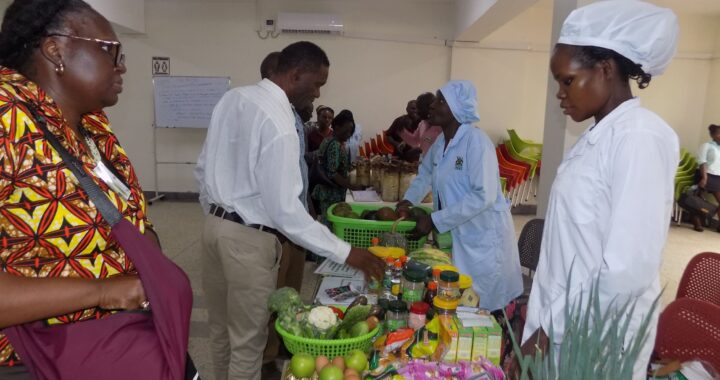HIV advocates call for more sensitisation on PrEP
4 min readHIV advocates call for more sensitisation on PrEP
By Vivian Agaba
WHEN it comes to HIV/AIDS preventative measures, the options available are still relatively few.
In Uganda, for instance, the country still relies on the ABC strategy, which is abstinence, being faithful to one sexual partner, or using condoms.
However, HIV and AIDS advocates have progressively pushed for various combinations of prevention approaches such as voluntary safe male circumcision, and prevention of mother to child transmission.
UNAIDS defines combination prevention as rights-based, evidence-informed, and community-owned programmes that use a mixture of biomedical, behavioural, and structural interventions prioritised to meet the current HIV prevention needs of particular individuals and communities to have the greatest sustained impact on reducing new infections.
According to HIV and AIDS advocates, there is a need to have various options for HIV prevention as there several alternatives for stoppage of unwanted pregnancies for women such as pills, intrauterine devices (IUD), Depo Provera injection among others. This is intended to give people options.
In 2017, Uganda rolled out the use of Pre-Exposure Prophylaxis (PrEP) as an HIV prevention option, and the uptake is steadily going up.
PrEP is HIV medication in a pill form called Truvada, which an individual takes before being exposed to HIV to prevent possible transmission. It is taken on a daily basis and is entirely meant for HIV prevention especially for persons at risk of contracting the disease.
It is not a lifelong medication, a person that feels he or she is at risk of contracting HIV can take it and when the risk goes away, the person stops taking it. For instance, someone who is into prostitution is at a higher risk of getting HIV/AIDS.
Unlike PEP (post-exposure prophylaxis), which is taken in emergency situations after HIV exposure, for instance, rape or defilement, PrEP is taken before exposure. PEP is recommended for people who may have been exposed or potentially exposed to HIV. It is taken within 72-hours (that is 3-days) after possible exposure to HIV.
Bridget Jjuuko Ndagaano, an AIDS Vaccine Advocacy Coalition fellow at Naguru Teenage Information, and Health Centre (NTIHC) in Kampala says PrEP is 99% effective in preventing HIV/AIDS as long as it is properly taken.
“PrEP is 99% highly effective in HIV prevention as long as it is taken consistently and correctly. But the problem is that many Ugandans are not aware of its existence, yet we still have a lot of people at risk of getting the disease. There is a clear need to increase knowledge and awareness of HIV prevention tools including PrEP,” said Ndagaano.
She, however, issues a warning. “PrEP is not used in isolation, we want it integrated into services such as sexual and reproductive health services. PrEP does not prevent other sexually transmitted diseases (STIs) or pregnancy. One has to use condoms to prevent pregnancy and continuously test for STIs.”
She called for increased access, information sharing and literacy about PrEP to ensure more Ugandans embrace the use of PrEP as an HIV prevention option in addition to the ABC strategy.
Since the program was rolled out two years back, between 11,000-12,000 Ugandans are using the pill according to the Ministry of Health. Putting aside the aforementioned number, Ndagaano noted that this year alone, implementers of the program hope to enroll 30,000 new users on PrEP countrywide.
The World Health Organization (WHO) highly recommends the use of PrEP for HIV-negative people at substantial risk of acquiring HIV also known as ‘key and priority populations’.
In Uganda, such populations include; sex workers, fish folks, long-distance population truck drivers, uniformed forces, discordant couples, and adolescent girls and young women.
In a bid to roll out mass PrEP services countrywide, the Ministry of Health (MoH) has provided national and regional training for up to 110 health workers.
According to PEPFAR Country Operating Plan (COP) 2019 and the MoH, there will be 90 sites funded by PEPFAR to provide PrEP services countrywide by the end of the year.
Denis Lewis Bukenya, deputy director, at Naguru Teenage Centre says many young people are at risk of getting HIV due to risky sexual behavior they are involved in, and therefore need to be supported to seek services that help them reduce the risk.
“I interface with many young people at the Centre every day. Some tell me how they have friends with benefits, meaning sexual partners,”
Adding: “For boys, they have lost count. At 21, he does not know how many girls he has slept with, when I try to assess their use of condoms, HIV knowledge, and pregnancy-related aspects, they have zero knowledge. Service providers of PrEP need to intensify their awareness creation so that people know where to access such services from.
He noted that people should be encouraged to use HIV prevention methods that work for them, adding that what matters is that they live healthy and happy lives.
